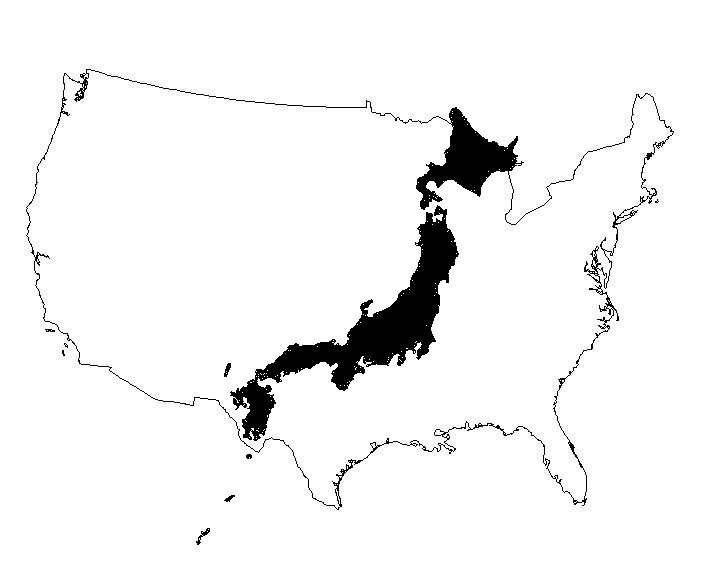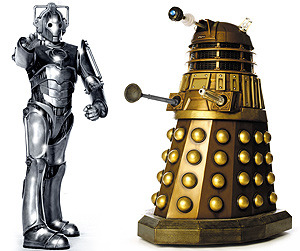I start out with this verse because if I don't, I will have it quoted at me multiple times in comments and PMs following the publication of this post.
Anyway, in this Scripture, for full context, the apostle Paul, greatest missionary in the history of ever that every missionary since must emulate, talks about how he's known having a ton and having a little, but we always quote this half a verse to ourselves whenever we're upset about something not being exactly what we want, or we quote it to others when they're venting to us.
I mean, it's not a bad verse, and I've had to remind myself of it. A lot. Because sometimes contentment as an MK can be hard.
When I'm in America, I want Japanese stuff.
When I'm in Japan, I want American stuff.
Basically, I want a magical place where I can combine both of my worlds into one ginormous happy place full of Dr. Pepper and yakisoba and all my favorite types of Pizza Hut and McDonald's that has all my friends speaking a blend of English and Japanese. It would be lovely.
 |
| I call it Jamerica. |
My journey of MK discontentment began very early at age six. People believe that at that young of an age, you bounce right into your new life and forget about everything American and start fresh anew with no worries.
However, this "Hakuna Matata" philosophy did not work with me, and within months, I was longing for my American friends. As I have stated before, my class at my school in America and I were so close, we kept in contact at least once almost every year of my schooling, and so I never fully left them behind. In addition this, I had occasional cravings for Olive Garden.
As I grew older, my desire to be in America grew ever greater, especially each time I was in America for furlough. I had already decided that Japan was not the place for me after I was grown up. My future rested in America.
Except for one problem: America is not the promised land of everything.
Oh, things have gotten better over time. Pocky and soy sauce are much easier to get my hands on nowadays. However, Pizza Hut will never make me a good old-fashioned Japanese seafood pizza, and McDonald's over here can't make teriyaki burgers or shrimp burgers. Rice doesn't stick together over here (unless you raid the specialty store), and yakisoba and ramen are out of the question if you want something besides the rehydrated goods. Furthermore, people look at you as if you were crazy each time you lapse into Japanese.
Don't get me wrong, I'm glad to be an American, and I don't hate living here, but I have no one place where I can have everything I want all at once, and I cannot be the only MK who struggles with this.
MKs are a subgroup of third-culture kids (TCKs). TCKs belong to no one particular culture, a subject which I discussed in my previous post. This lack of a single culture brings a potential side effect of discontentment. Sometimes this discontentment can't be solved. Other times, the MK is able to substitute in order to stave off the cravings (For example, if I crack a raw egg into my instant ramen, I can survive just that much longer without real Asahikawa ramen). Hey, sometimes, patience is rewarded and a product becomes available, and the MK nearly dances in the aisle of Walmart, hugging the treasured item like a dear friend (Note: This did not actually happen, but it's what I felt like doing when I found Pocky there.). Of course, this is the adult MK's solution.
The child MK is faced with a greater challenge, often having to wait for a package or furlough to satisfy what he wants from America. An MK who tells you they want Fruit Roll Ups and a Milky Way for Christmas is not lying. Hey, at age seventeen, I, the girl who spent barely any money, once bought a Snickers at the mall after supper one Tuesday fellowship night and then hid in a bathroom stall so my brothers wouldn't know I'd bought one. If they saw me, then they might decide to buy one too, and then it wouldn't be as special anymore! Candy bars can become worth their weight in gold and are a precious commodity among MKs. Telling someone you had a Butterfinger when you know they haven't had one in a while can be a form of mild torture. Then there's the splurge vs. save dichotomy: Do I eat it all right now because I'm excited, or do I save it and make it last as long as possible?
 |
| And we will either be terrible or wonderful about sharing our booty. |
So, I guess I'll conclude this with ways you can help MKs in their struggle for contentment:
 |
| Yes, I just compared myself to a tiny gerbil. Clearly you haven't seen me with a bag of M&M's. |
 |
| There is seriously little difference between this meal at Bikkuri Donkey in Japan... |
 |
| ...and this Banquet TV Dinner from Walmart in America. |
 |
| Or just make me some green tea. Hot, no sugar, no milk--just the tea. |
4. Understand that I am caught between two cultures and that I appreciate both America and Japan. Don't think I'm McWhinyPants. I'm just experiencing homesickness, and homesickness does pass in time. We never fully leave behind where we've been, and until we absolutely adjust to our new world, support us and love us just the crazy-messed up way we are. :)









.svg/50px-Flag_of_Peru_(state).svg.png)





















